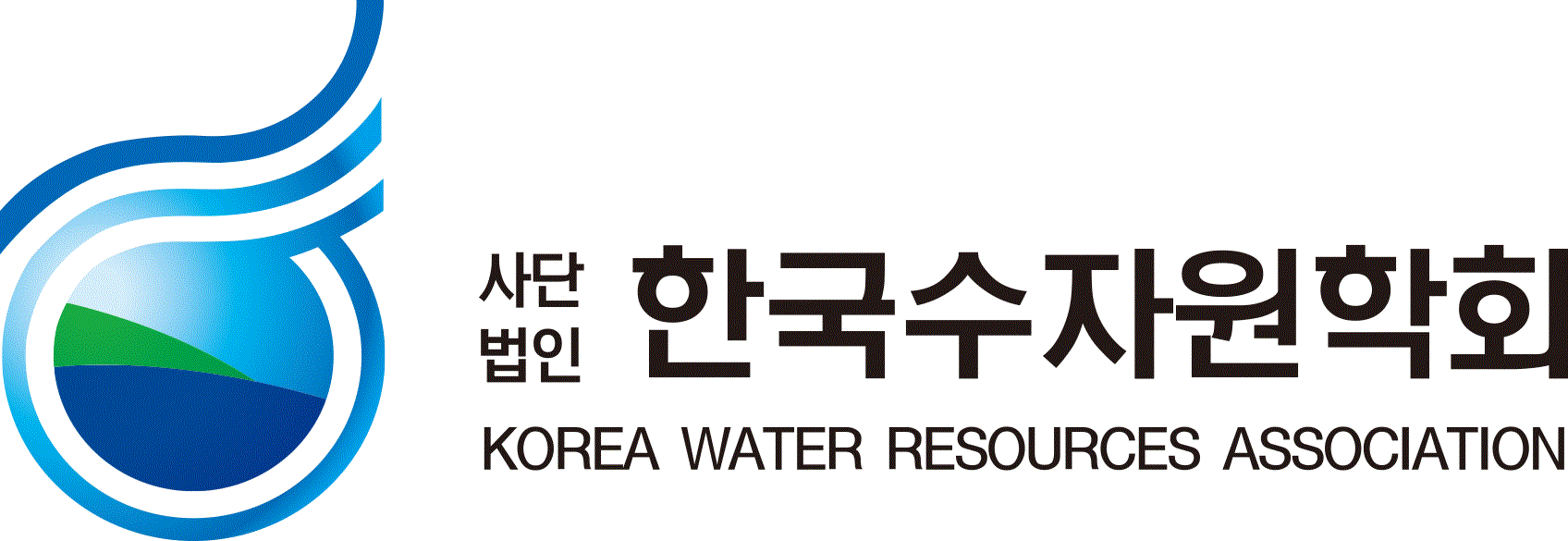- 홈
- 문헌정보
- 논문집
문헌정보
논문집
- 저자명
- 염웅선;박동혁;권민성;안재현
- 발행사
- 한국수자원학회
- 수록사항
- 한국수자원학회논문집, Vol.52 No.9(2019-09)
- 페이지
- 시작페이지(646)
- ISSN
- 1226-6280
Although problems such as river management and flood control have occurred continuously in the Imjin and Bukhan river basin, which are shared by South and North Korea, efforts to manage the basin have not been carried out consistently due to limited cooperation. As the magnitude and frequency of hydrologic phenomena are changing due to global climate change, it is necessary to prepare countermeasures for the rainfall variation in the shared river basin area. Therefore, this study was aimed to project future changes in extreme precipitation in South-North Korea shared river basin by applying 13 Global Climate Models (GCM). Results showed that the probability rainfall compared to the reference period (1981-2005) of the shared river basin increased in the future periods of 2011-2040, 2041-2070 and 2071-2100 under the Representative Concentration Pathways (RCP)4.5 and RCP8.5 scenarios. In addition, the rainfall frequency over the 20-year return period was increased in all periods except for the future periods of 2041-2070 and 2071-2100 under the RCP4.5 scenario. The extreme precipitation in the shared river basin has increased both in magnitude and frequency, and it is expected that the region will have a significant impact from climate change.



